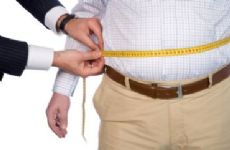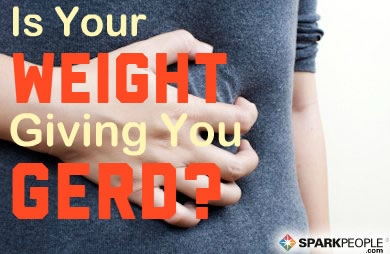|
You might think it’s what you eat off your fork—not the size of your utensil—that’s causing you to pack on the pounds. But new research suggests otherwise. Read on to get the scoop on this and other eating habits that can tip the scale. 1. You drink a lot of diet soda. Yes, it’s calorie-free, but it might lead to an expanding waistline. People who drink even one diet soda a day have larger waist circumferences compared with non–soda drinkers, according to research from the University of Texas Health Science Center, San Antonio. One possible reason: “People think that they’re ‘saving’ calories by choosing diet soda, so they eat more to make up for it,” says study coauthor Sharon Fowler, MPH. Another theory: Artificial sweeteners may increase your cravings for other sweet foods like candy. Either way, the calories can really add up, so try to quit the diet soda and reach for water or seltzer instead. If going cold turkey is too difficult, limit yourself to one soda just two or three times a week. 2. You use a small fork. The size of your utensil could affect how much you eat, but not in the way you might think: People who used a small fork ate 12% more, according to a University of Utah study. “When you use a little fork, each bite is so small that you don’t feel like you’re making a dent in the food on your plate,” says study author Arul Mishra, PhD. “This makes it easy to overeat and not realize it.” Eat slowly, use a larger fork and put it down every few bites so your brain has a chance to realize your stomach is getting full. 3. You eat potatoes every day. OK, so you know that French fries and potato chips aren’t exactly health foods, but you might not realize the extent of the effect they have. A recent Harvard study found that people who had fries every day for four years put on 3.35 pounds; potato chips meant 1.69 pounds, and baked or mashed potatoes added 1.28 pounds. What’s so bad about spuds? Potatoes can cause spikes in blood sugar and insulin levels, which may make you hungry again soon after eating them, says study author Dariush Mozaffarian, MD, PhD. Consider potatoes once-in-a-while foods, and fill up on fruits, veggies and nuts instead. Stories you might like:
Do you agree with these? Are there any others that you would add to this list? Provided Photo |
Related Entries
More From SparkPeople
|
.png)







.jpg)













